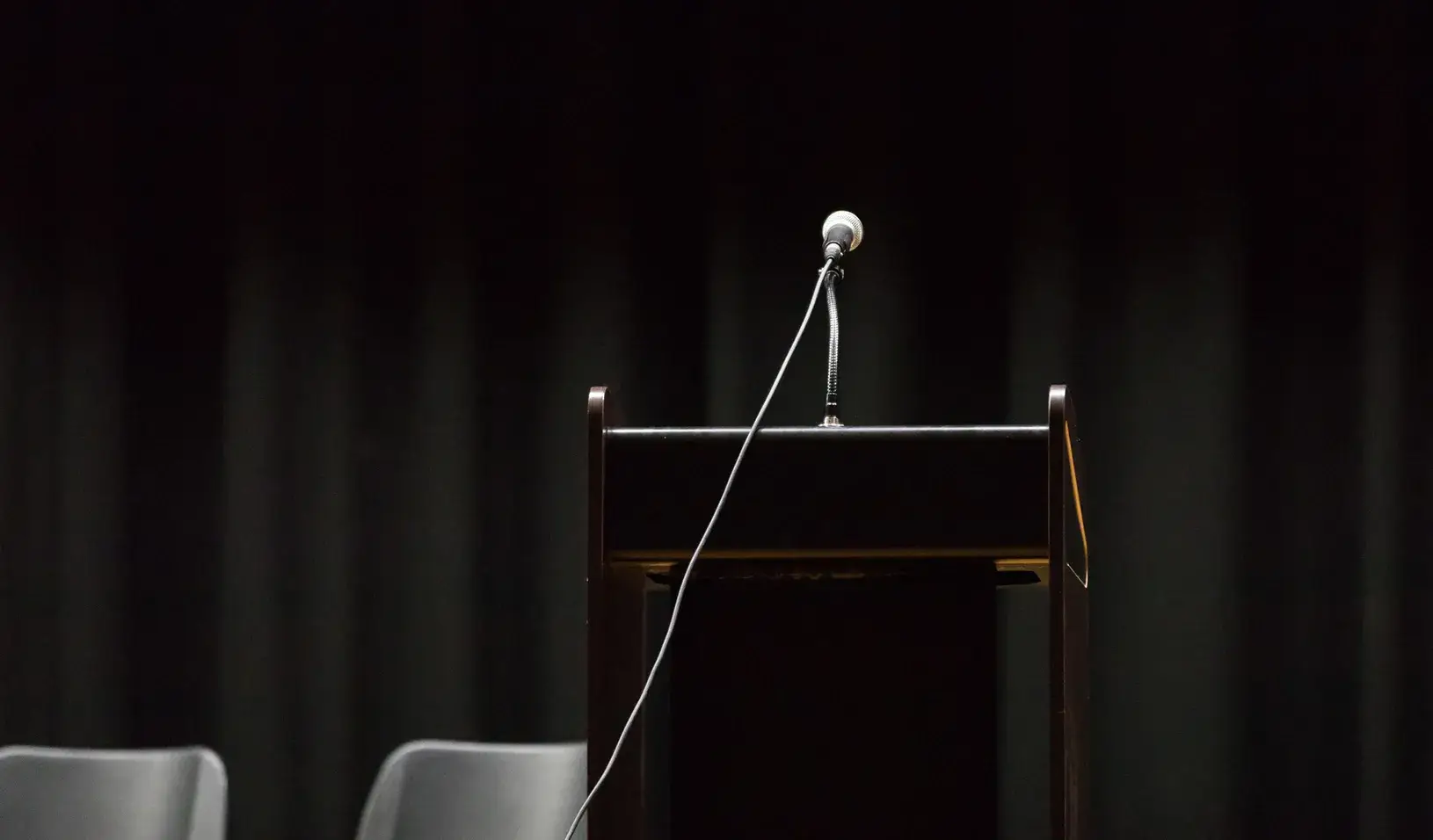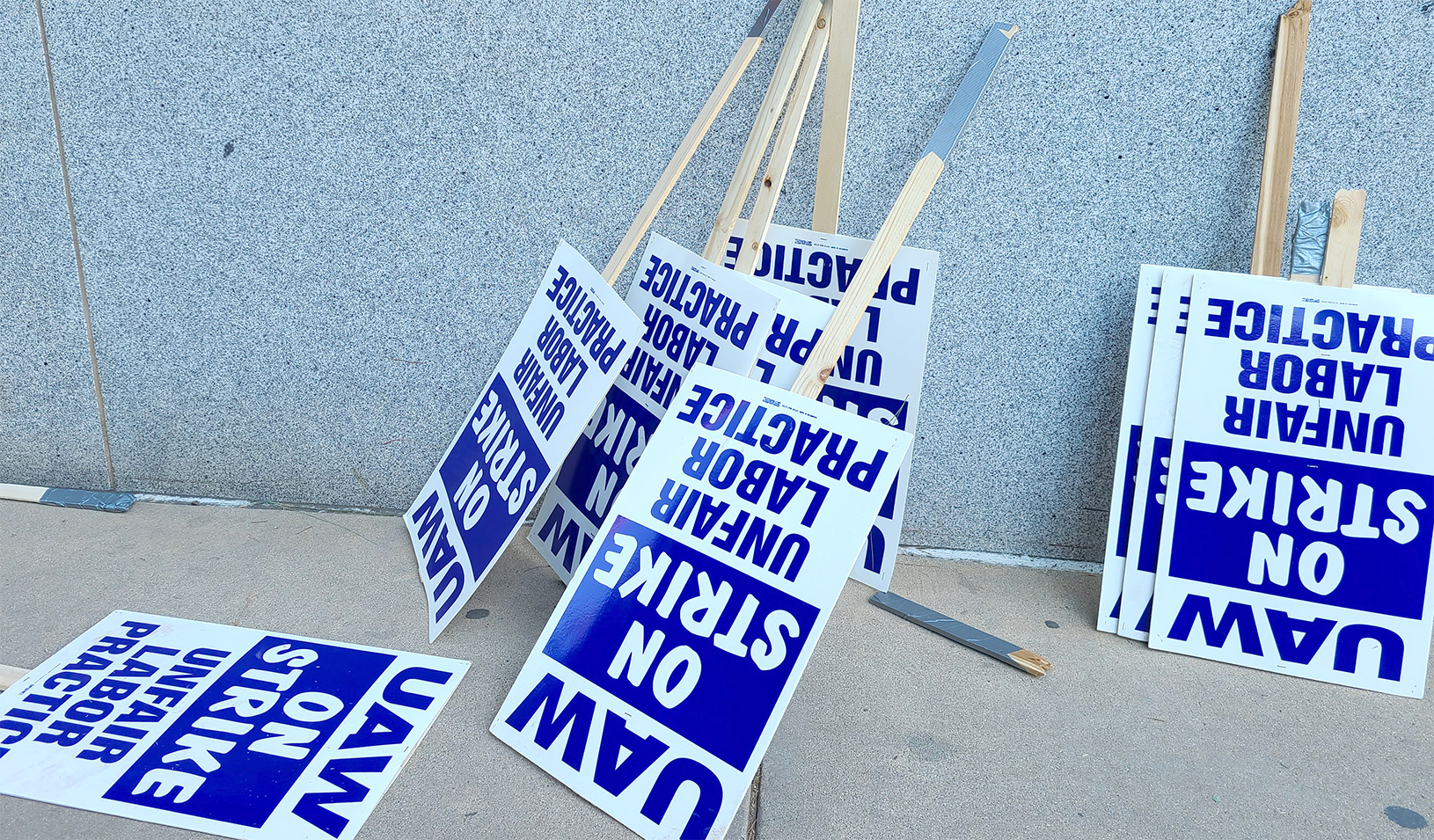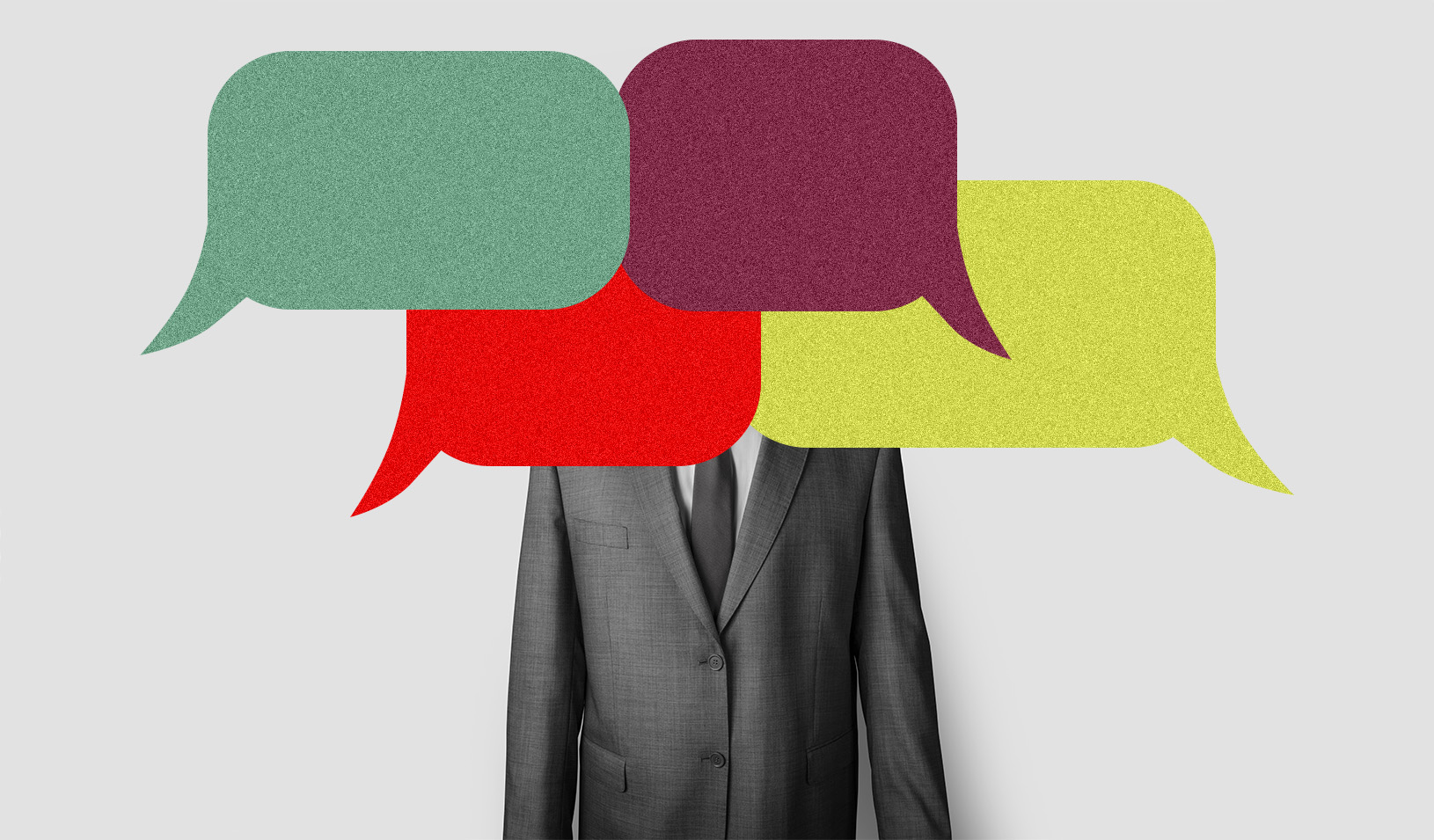
Debate me: Voters want to see candidates face off, but many politicians seek to avoid debates. | iStock/Pat Shrader
Debates can play an important role in democratic elections. They educate voters and give politicians a chance to set themselves apart from their opponents. Yet it’s not always easy to get candidates to agree to face off with each other.
That poses a problem in countries like Sierra Leone, where voters do not have many sources of election information. In 2012, an NGO in the small West African nation ran an experiment to see if it could generate more demand for debates by sponsoring them among parliamentary candidates in 14 races. Recordings of the debates were screened at large public gatherings.
Surveys found that people who watched the debates were more knowledgeable about the candidates and tended to vote for those who performed better on stage. The debates also seemed to influence the candidates: 18 months after the election, MPs who had participated in a debate spent more discretionary funds on development projects in their constituency.
But that success didn’t translate into a move for more debates. “Despite the national electoral commission saying that Sierra Leone should make debates mandatory going forward, it didn’t happen,” says Katherine Casey, a professor of political economy at Stanford Graduate School of Business who has done extensive research in the country. “We were trying to think about why.”
With Rachel Glennerster of the University of Chicago, Casey ran another experiment during Sierra Leone’s 2018 parliamentary elections to discern what incentives might push politicians to debate one another. They found that simply guaranteeing a public platform for disseminating debates dramatically increased candidates’ participation.
At first, they set out to test whether the absence of debates resulted more from candidates who didn’t want to debate or voters who weren’t interested in debates. To test candidates’ incentives to debate, they privately reached out to candidates in 72 races and asked if they were interested in debating. Those who expressed interest were asked to contact their rivals and settle on a day and time. In three-quarters of races, at least one candidate was interested in having a debate. However, only a few of these candidates were able to persuade their rivals to join them, suggesting that candidates could not be expected to organize debates on their own, particularly if the apparent frontrunner believed they had little to gain from debating.
“This makes intuitive sense, as debates are sort of zero-sum events in which one person wins and the others lose,” Casey says. “At the end of the day, we had interest from more than one candidate in only about one-third of races.”
These outcomes changed dramatically when politicians’ willingness to debate became a matter of public record. The researchers established a platform for debates where voters could see whether candidates chose to take part. When an hour of radio time was offered to those running for office, participation in debates rose from roughly 33% to 70%.
Frontrunners, who had often declined to take part in radio debates, joined in when a video platform was introduced. “If you didn’t participate, then voters would assume you’re probably not very good, and they would update their beliefs accordingly,” Casey says. “This was a low-cost, low-tech intervention that completely flipped the incentives around.”
Boosting Democracy for $200
Next, the researchers probed voters’ interest in debates. Coordinating with local movie halls, they scheduled screenings of recorded video debates. They distributed free tickets randomly, starting with residents who lived near the cinema and moving outward to a distance of 15 miles. Each voucher was geotagged, enabling the researchers to see how far viewers had come to watch the debates.
Nearly 60% of people who lived nearby and received a ticket attended a screening. Among ticketholders who lived between two and eight miles away, roughly 30% attended. “These are pretty significant numbers,” Casey says, particularly considering that the daily wage for many participants was just over $2 and travel cost roughly 50 cents per mile.
Reinforcing these findings, the cinema continued to show the debate after the researchers had left, and people continued to attend the screenings, even when they had to pay for admission. “This suggests the demand side doesn’t seem to be the problem,” Casey says. “Voters have a strong desire for political information.”
These experiments created significant incentives for politicians to take part in a debate. Considering that foreign donors and NGOs already spend lots of money to bolster civic institutions in emerging democracies like Sierra Leone, Casey notes that this provides a relatively inexpensive way to magnify their impact. One hour of radio airtime cost just $200, and enlisting local cinemas was an inexpensive way to “amplify the effect of these interventions,” she says.
These findings emphasize the critical importance of debates, particularly in races where information is hard to come by. Yet even in wealthy, established democracies, like the United States, debates are not a sure thing: the frequency of debates for Senate seats, for example, has dropped over the last 20 years, sparking concerns about democratic backsliding.
“Opening up a debate platform is a straightforward way to support the democratic process, particularly — but not exclusively — in low-income countries,” Casey says. “If voters have no information and you provide them with a little, then this can have a very big impact.”
For media inquiries, visit the Newsroom.






